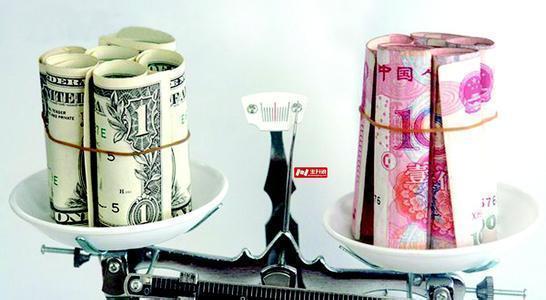Why has the renminbi exchange rate fallen again?
- By Zhang Ming
 0 Comment(s)
0 Comment(s) Print
Print E-mail China.org.cn, March 4, 2014
E-mail China.org.cn, March 4, 2014
The Chinese yuan (renminbi) has been depreciating against the U.S. dollar since a week ago, reverting the trend of appreciation amid continuous fluctuation.
|
|
|
The Chinese yuan (renminbi) has been depreciating against the U.S. dollar since a week ago. |
The exchange rate of the yuan against the dollar, which stood at 6.1053 on Feb. 17, fell for five continuous days from Feb. 18 to 25, pulled up slightly on Feb. 25, before retreating again on the day after to close at 6.1192.
As the People's Bank of China (PBC), China's central bank, still intervenes in China's foreign exchange market, there is reason to believe that its influence was the primary cause for the retreat of the yuan's exchange rate, though external factors, such as the U.S. Federal Reserve, may also have played a part.
The U.S. Federal Reserve announced that it would downsize its monthly debt increment to 65 billion starting from February. Also, the U.S. central bank is set to stop quantitative easing (QE) in the near future, as Janet Yellen's congressional testimony showed, which would lift the dollar's medium-long term interest rate. This would decrease the cost of carry, exerting pressure on Chinese yuan.
Domestically, China showed less momentum for short term growth in February. HSBC data show that China's February PMI declined to 48.2 from the January figure of 49.5, signaling a further contraction in production; MNI fell to 50.2 from 52.2 during the same period. More noticeably, in January M1 only grew 1.2 percent year on year, 8.2 percentage points less than in December, and 14.1 percentage points less than the growth record in January 2013.
These indices have shown that in China's real economy, the corporate sector may have been experiencing difficulties, resulting in less confidence in fixed asset investment. As a result, China's economic growth will slow further, which will make the yuan weaker in the international exchange market.
But such changes in secondary factors are still too weak to turn around the appreciation momentum of the yuan against the dollar. Therefore, the sudden depreciation is a result of the PBC's intervention.







Go to Forum >>0 Comment(s)